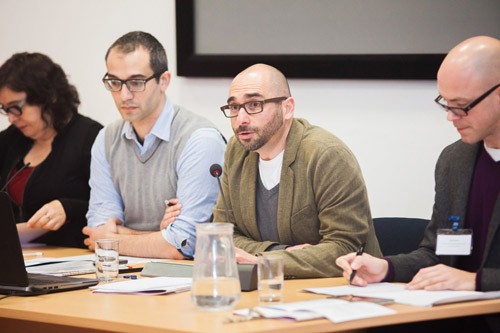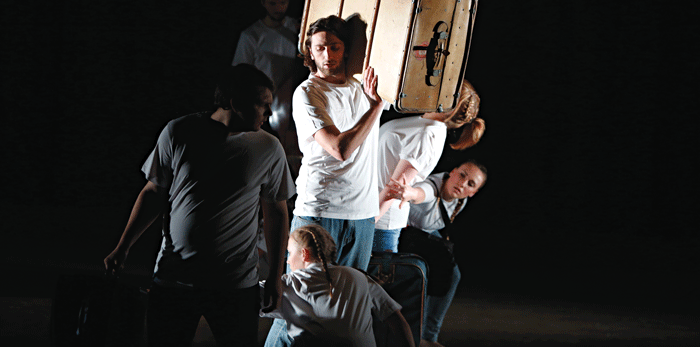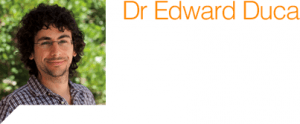 Interdisciplinary research and practices blur boundaries. While the premodern approach to research distils areas into fine categories and certainties, interdisciplinary ideas spread across different fields. Performance is charged with interdisciplinarity.
Interdisciplinary research and practices blur boundaries. While the premodern approach to research distils areas into fine categories and certainties, interdisciplinary ideas spread across different fields. Performance is charged with interdisciplinarity.
The University of Malta’s School of Performing Arts conducts interdisciplinary research that connects the performing arts with various disciplines in the Sciences and Humanities. This year’s school annual conference focused on this, in particular on eight overlapping performance categories: everyday life, the arts, sports, business, technology, sex, ritual, and play. The performing arts can endlessly combine these groupings in ways that range from theatre, dance, and music, drawing material from—but also impinging upon—everyday life, to training in performance and in sports. These arts share the drive for efficacy and efficiency with business, besides witnessing an increasing use of technological innovation.
Dr Laura Cull’s (University of Surrey) keynote speech on Performance Philosophy at the conference discussed this emerging discipline which ‘involves staging an “equality of thought” wherein theories and practices originating in the interdisciplinary subject of Performance can encounter those originating in Philosophy on an equal plane’. Cull thinks that philosophy can ‘turn to performance—as a rich source of techniques for embodying an unknowing openness to others, to the outside: whether as a relation to one’s own bodily gestures, to the foreign movements of another body—human, [and] non-human’. It encompasses intermedial, intrapersonal, and interspecies collaboration and extends to recent forms of performance that traverse theatre, music, and dance.
The conference papers show the breadth of discussion on performance interdisciplinarity: from architecture to cognitive behavioural therapy.
For more information visit www.um.edu.mt/performingarts or contact performingarts@um.edu.mt







Comments are closed for this article!